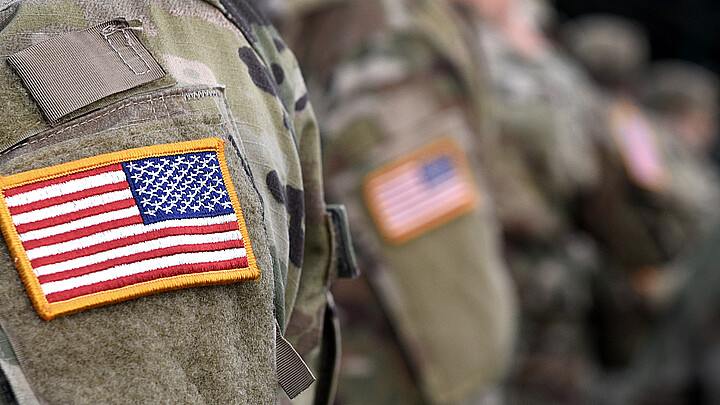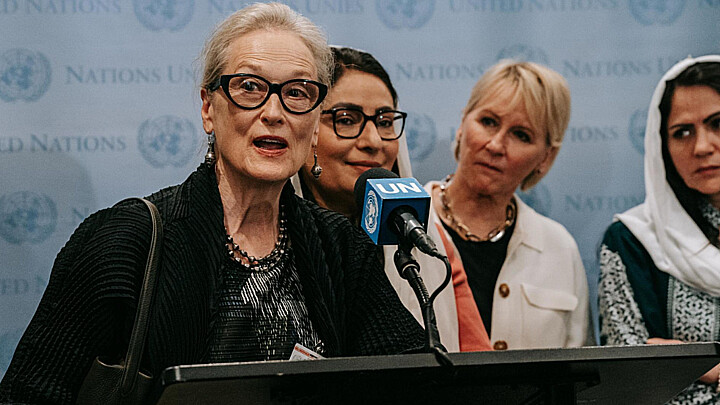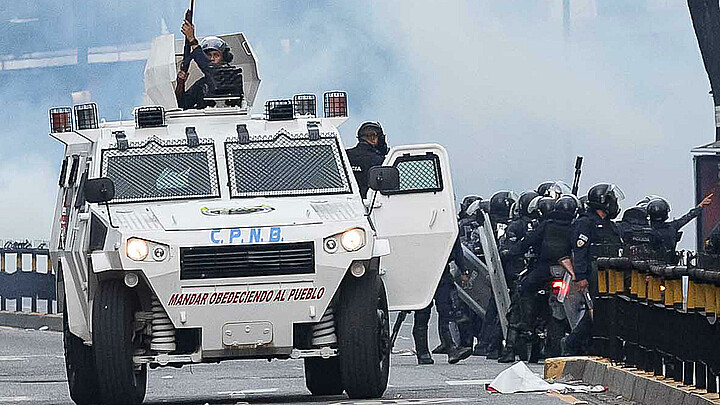Human Rights
U.S. starts enforcement of ban on Chinese goods produced by slave labor
The Uyghur Forced Labor Prevention Act (UFLPA) was signed into law on Dec. 23. It bans all exports from the Xinjiang region and includes a “rebuttable presumption” that all goods from the area are produced by forced labor, placing the burden of proof on China to provide evidence to the contrary.
June 23, 2022 7:58am
Updated: June 23, 2022 10:18am
The U.S. ban on goods produced in Xinjiang province, where the Chinese government has been accused of forcing Uyghur Muslims into slave labor, went into effect on Tuesday.
The Uyghur Forced Labor Prevention Act (UFLPA) was signed into law by President Joe Biden on Dec. 23 following bipartisan support in Congress. It bans all exports from the Xinjiang region and includes a “rebuttable presumption” that all goods from the area are produced by forced labor, placing the burden of proof on China to provide evidence to the contrary.
"We are rallying our allies and partners to make global supply chains free from the use of forced labor, to speak out against atrocities in Xinjiang, and to join us in calling on the government of the PRC to immediately end atrocities and human rights abuses, including forced labor," Secretary of State Antony Blinken said in a statement.
Beijing has repeatedly denied that it is facilitating a genocide of Uyghurs and other ethnic and religious minorities in Xinjiang, claiming the camps they are being held in provide vocational training.
Sen. Marco Rubio (R-FL), who introduced the bill last January with Sen. Jeff Merkley (D-OR) and Reps. Chris Sith (R-NJ) and James McGovern (D-MA), wrote that the bill was “the most significant change in America’s relationship with China since 2001” and urged the Biden administration to enforce it strictly.
“With the UFLPA, we sent a message to the world that the United States will no longer ignore the most horrific atrocities of the 21st century,” Rubio said in a Real Clear Politics op-ed Tuesday.
“No longer will we look at images of bareheaded prisoners in shackles and blindfolds, lined up like animals for slaughter, and shrug. No longer will we profit from the abduction and enslavement of children as young as 15 because it is what the ‘free’ market dictates.”
Elva Muneton, Custom Border Protection’s acting executive director for the UFLPA Implementation Task Force, said the agency, which operates as part of the U.S. Dept. of Homeland Security, was ready to go.
"So the question is, are we ready to implement? Yes, we are," she said in a webinar earlier this month, reports Reuters.
"It's important to know that the level of evidence that's going be required by the Uyghur act is very high," Muneton added.
"It's going to require documentation, clear and convincing evidence, that the supply chain of the product that's being imported is free from forced labor."
Beijing once again blasted the ban, saying it hurt global efforts to decrease inflation and stabilize supply chains, reports Hong Kong Free Press.
“The act is solid evidence of the US’s arbitrariness in undermining international economic and trade rules,” foreign ministry spokesman Wang Wenbin said.
“The US move is against the trend of the times and bound to fail.”










